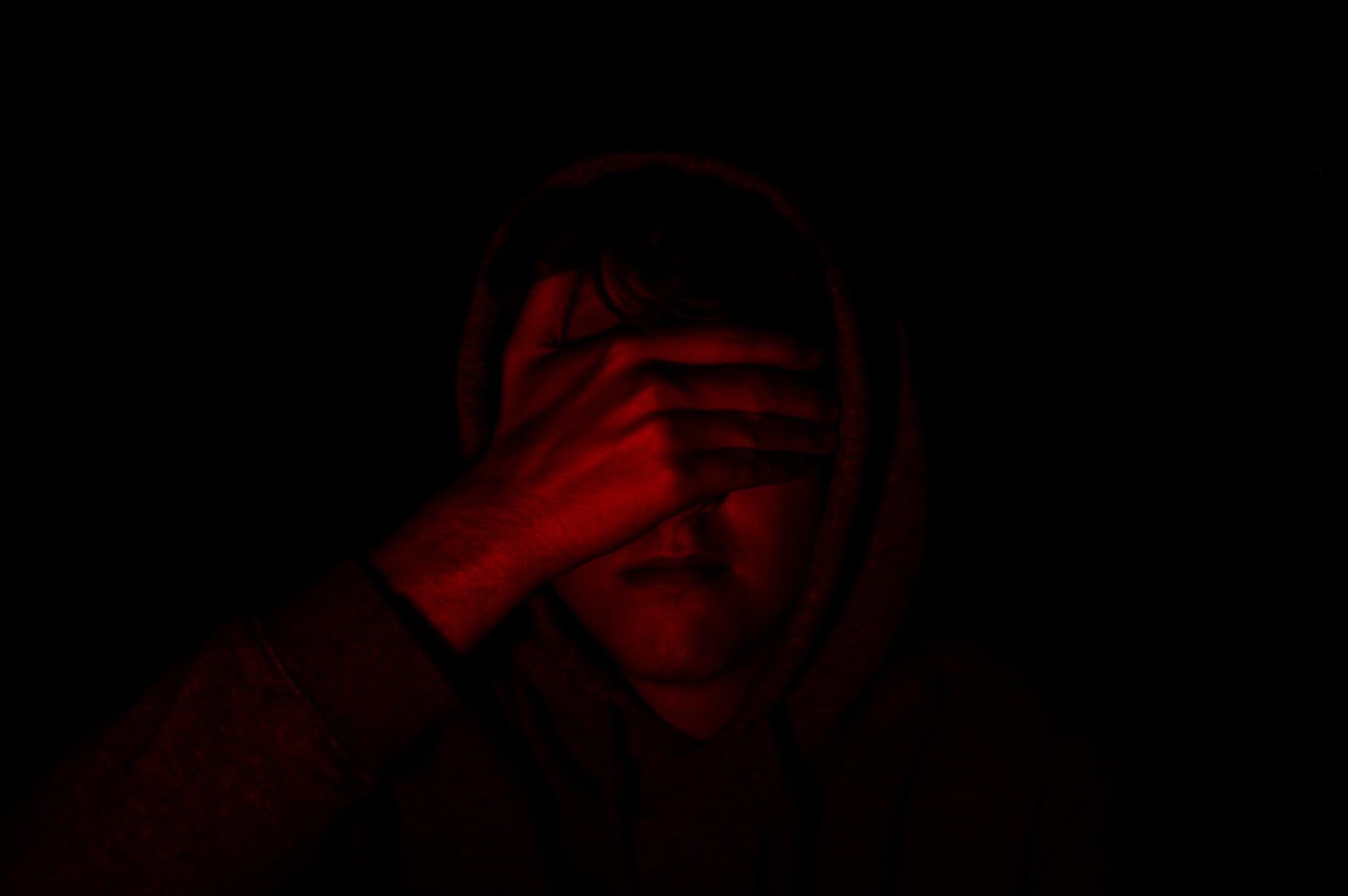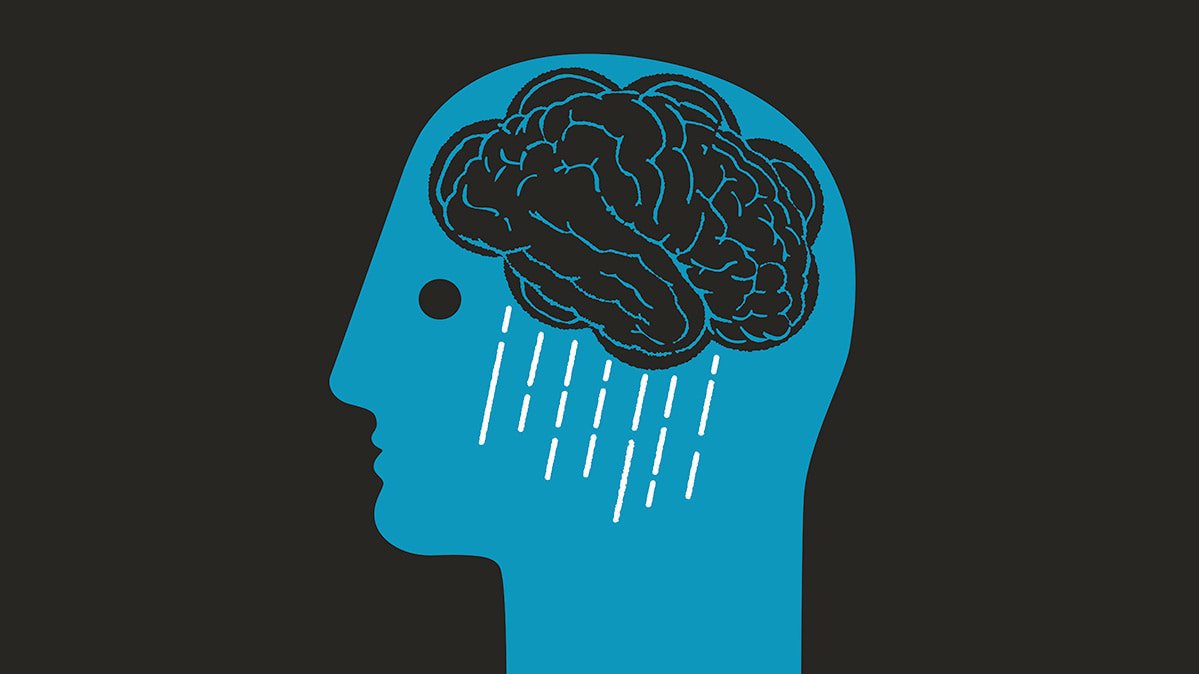Depression and addiction are difficult enough to deal with independently, but when they occur together, like in dual diagnosis, their negative impact multiplies. For instance, people suffering from depression have a 10% lifetime risk of suicide, and those with substance use disorder have about the same risk.
However, when combined, the risk increases to 25%. Studies also show that depression is the biggest predictor of relapse for alcohol abuse and both alcohol and drugs hurt the effectiveness of depression treatment. The good news is that integrative treatments that focus on relief from symptoms of both conditions can lead to positive outcomes.

The free image is taken from https://unsplash.com/photos/3AE3jUCBhxo.
Depression – Not Just “the Blues” and Not a Weakness
Even nowadays, there are still a lot of misconceptions as to the nature of depression. Sure. We all have bad days. Maybe we’re having problems at work or home, so we feel stressed, anxious, irritable, or sad. But unlike clinical depression, a case of “the blues” go away in a reasonable amount of time. You can see a clear connection between your negative emotions and an event. Once the crisis has been resolved, you start to feel better.
Clinical depression is a brain disorder that’s caused by a combination of genetic and environmental factors. You can’t snap out of it like you can’t snap out of cancer. It’s not a character flaw or the result of your unwillingness to “think positive” and be grateful for life’s blessings. Depression causes severe symptoms that make daily tasks like going to work, eating, and sleeping extremely difficult. A person with depression may experience:
- Fatigue
- Problems sleeping – either sleeping too little or too much
- Problems with appetite – overeating, eating very little or not at all
- Aches and pains with no apparent physical cause
- Loss of interest in activities and hobbies that were previously enjoyable
- Ongoing feelings of sadness, hopelessness, helplessness, self-loathing, anger, and irritability
- Trouble focusing, remember things, and making decisions
- Thoughts of suicide
Why Do These Two Conditions Co-Occur?
Now that you know how challenging the symptoms of depression can be, you may think that these two conditions co-occur because depression is a sort of gateway to substance abuse. However, as you learn more about dual diagnosis, you will see that it’s not so straightforward, and one condition does not necessarily cause the other. In fact, it isn’t easy to ascertain why they co-occur, but there are several theories:
- Self-medicating – One theory is that someone with depression uses alcohol or drugs to cope with their symptoms. At the same time, prolonged substance use causes changes in the brain that intensify the symptoms of depression.
- Involvement in similar brain areas – Both depression and addiction affect similar brain areas, such as the reward system, which is why a common symptom of depression is losing interest in hobbies or enjoyable activities. Addictive substances generate their effects because they trigger a flood of dopamine in the brain that stimulates the reward system. Once the brain becomes used to high amounts of dopamine, you need more substances to feel normal.
- Genetic factors – a person’s family history raises the risk of developing substance use disorder or mood disorders such as depression.
- Environmental factors – trauma, stress, and exposure to alcohol or drugs can also raise the risk of developing mental health problems such as depression or addiction.




